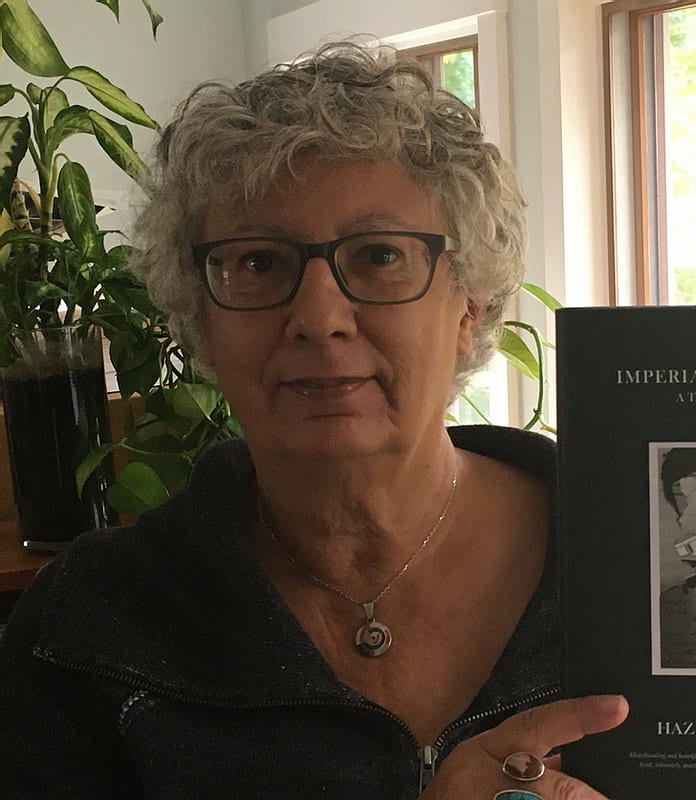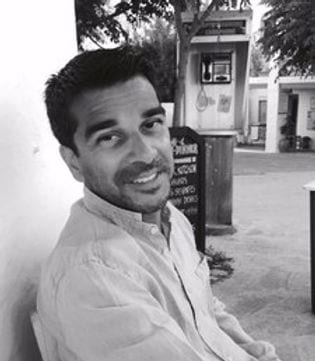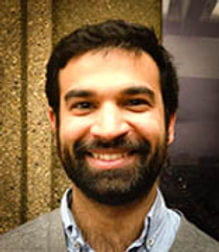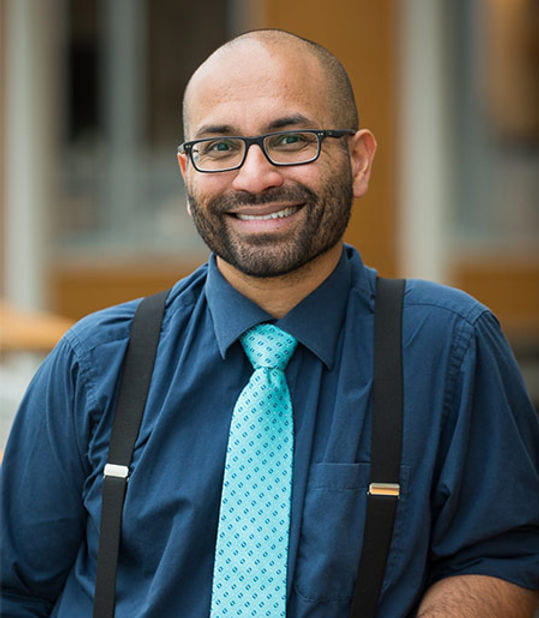Keynote Speakers

Hazel Carby
Charles C and Dorothea S Dilley Professor of African American Studies and American Studies, Emerita, Yale University
Hazel Carby is the author of Imperial Intimacies, A Tale of Two Islands (Verso, 2019) selected as one of the “Books of the Year for 2019,” by the Times Literary Supplement. The winner of the British Academy’s Nayef Al-Rodhan Prize for Global Cultural Understanding (2020), and a finalist for the John Hope Franklin Publication Prize (ASA, 2020) and PEN Hessell-Tiltman Prize (2020), Imperial Intimacies is a history of British empire, told through one woman’s search through generations of family stories. It moves between Jamaican plantations, the countryside of Devon, the port cities of Bristol, Cardiff and Kingston, and the working-class estates of South London. It is an intimate personal history and a sweeping summation of the violent entanglement of two islands. It charts the British empire’s interweaving of capital and bodies, public language and private feeling.
Carby is also the author of Cultures in Babylon: Black Britain and African America (1999); Race Men (1998); and Reconstructing Womanhood: The Emergence of the Afro-American Woman Novelist (1987); and a co-author of The Empire Strikes Back: Race and Racism in 70s Britain(1982). In 2019 Carby was awarded the honorary degree of Doctor of Letters from Wesleyan University and the Stuart Hall Outstanding Mentor Award from the Caribbean Philosophical Association. In 2016 she received the Jay B. Hubbell Medal for lifetime achievement in American Literature, awarded by the Modern Language Association.

Santanu Das
Professor of Modern Literature and Culture, All Souls College, Oxford
Santanu Das is Professor of Modern Literature and Culture and Senior Research Fellow at All Souls College, University of Oxford. He is the author of Touch and Intimacy in First World War Literature (2006) and the editor or co-editor of Race, Empire and First World War Writing, Cambridge Companion to the Poetry of the First World War, First World War: Literature, Culture, Modernity and Colonial Encounters in a Time of Global Conflict (forthcoming). His latest book India, Empire and First World War Culture: Writings, Images, and Songs (Cambridge, 2018) was awarded the Hindu Literary Prize for Non-Fiction, the Ananda Coomaraswamy Prize in the US, and the European Society for the Study of English Book Prize in 2020. He is currently engaged in two projects – a collection of his essays provisionally titled Poetics of Experience: Modernity, Emotion and the Literary and a monograph on the experience and aesthetics of sea-voyages, from Victorian times to now.

Jed Esty
Vartan Gregorian Professor of English, University of Pennsylvania
Jed Esty is the author of A Shrinking Island: Modernism and National Culture in England (Princeton, 2004) and Unseasonable Youth: Modernism, Colonialism, and the Fiction of Development (Oxford, 2012). He is currently working on a minigraph entitled Downslope: Cultures of Decline from Britain to America and a monograph entitled Cold War Victorians: How the British Imagination Shaped American Power.

James Hevia
Director of Global Studies and Faculty Member, Center for East Asian Studies, University of Chicago

Tariq Jazeel
Professor of Geography, University College London
Tariq Jazeel graduated from the University of Sussex with a BA (Hons) in Geography and Environmental Studies. He completed an MA in Cultural Geography, and a PhD at Royal Holloway, University of London, before working there briefly as a Teaching Fellow. He was a Postdoctoral Research Fellow in Human Geography at The Open University, and then taught in the Geography department at The University of Sheffield from 2005 till 2013. He joined UCL in 2013.
Tariq has held visiting attachments at the International Centre for Ethnic Studies (ICES), Colombo, Sri Lanka (2005, and 2006), and the Department of Geography at the National University of Singapore (2012). He has also been a British Academy visiting fellow at L’École Francais d’Extrême Orient, Pondicherry, South India (2012).
He is an Editor of the journal Environment and Planning d: Society and Space, on the Editorial Collective of Social Text, former editor of the journal Antipode, and serves on the editorial boards of Geography Compass: Cultural Geography and Society and Culture in South Asia. Tariq co-founded and co-directs UCL’s Centre for the Study of South Asia and the Indian Ocean World, which is based in the College’s Institute of Advanced Studies.

Peter Kalliney
William J. Tuggle Chair in English, Social Theory, African American and Africana Studies, University of Kentucky
Peter Kalliney’s scholarly interests include twentieth-century literature and theory. I am currently working on a book project on the Cold War and decolonization, with a special emphasis on African, British, and Caribbean literature.

Nasser Mufti
Associate Head and Associate Professor of English, University of Illlinois at Chicago
Nasser Mufti is the author of Civilizing War: Imperial Politics and the Poetics of National Rupture. He is currently researching the relationship between Pan-Africanism and nineteenth century British culture.

Elizabeth Outka
Professor of English, University of Richmond
Elizabeth Outka’s latest book, Viral Modernism: The Influenza Pandemic and Interwar Literature (Columbia University Press 2020), investigates how one of the deadliest plagues in history—the 1918-1919 influenza pandemic—silently reshaped the modernist era, infusing everything from T. S. Eliot’s The Waste Land, to the emergence of viral zombies, to the popularity of séances. She is the recipient of numerous awards and grants, including a Fellowship from the National Endowment for the Humanities and the 2020 South Atlantic Modern Language Association Book Prize.
Outka has written on topics ranging from consumer culture, to postcolonial representations of trauma, to disability studies. Her first book, Consuming Traditions: Modernity, Modernism, and the Commodified Authentic (Oxford University Press 2009; 2012) explored the marketing of authenticity in turn-of-the-century British literature and culture. Her essays have appeared in Modernism/modernity, NOVEL, Contemporary Literature, The Paris Review Daily and many edited collections.
She teaches courses on modernism, twentieth- and twenty-first century Anglophone literature, the contemporary novel, the literatures of war, environmental literature, social change and modern drama, and women in literature. She received her B.A. from Yale University and her M.A. and PhD from the University of Virginia.

Anjuli Fatima Raza Kolb
Associate Professor of English, University of Toronto
Anjuli Fatima Raza Kolb is a scholar of colonial and postcolonial literature and theory with particular research interests in the history of science and intellectual history, poetry and poetics, gender and sexuality studies, political theory and independence movements, the gothic and horror, and comparative literary studies. Her book, Epidemic Empire: Colonialism, Contagion, and Terror 1817-2020 is out now from the University of Chicago Press, and her poems, essays, and translations have appeared in many venues.

Claire Seiler
Associate Professor of English, Dickinson College
Claire Seiler is the author of Midcentury Suspension: Literature and Feeling in the Wake of World War II (Columbia 2020) and of essays in Modernism/modernity, Contemporary Literature, Twentieth-Century Literature, and elsewhere. Claire is currently developing a new book project on modernist literatures and public health from the influenza pandemic of 1918-19 through the arrival to market of the first polio vaccines.

Suman Seth
Marie Underhill Noll Professor of the History of Science, Science and Technology Studies, Cornell University
Professor Suman Seth works on the social, cultural, and intellectual history of science and medicine. His interests include the history of medicine, race, and colonialism, the physical sciences (particularly quantum theory), & gender and science. He is the author of Difference and Disease: Medicine, Race, and Locality in the Eighteenth-Century British Empire (Cambridge University Press, 2018) and Crafting the Quantum: Arnold Sommerfeld and the Practice of Theory, 1890-1926 (MIT, 2010). He has served as the guest editor of a special issue of the journal Postcolonial Studies on “Science, Colonialism, Postcolonialism” (December, 2009) and of a ‘Focus’ Section of the Journal Isis on ‘Re-Locating Race.’ He is coeditor (with Prof. Patrick McCray) of the journal Osiris.
